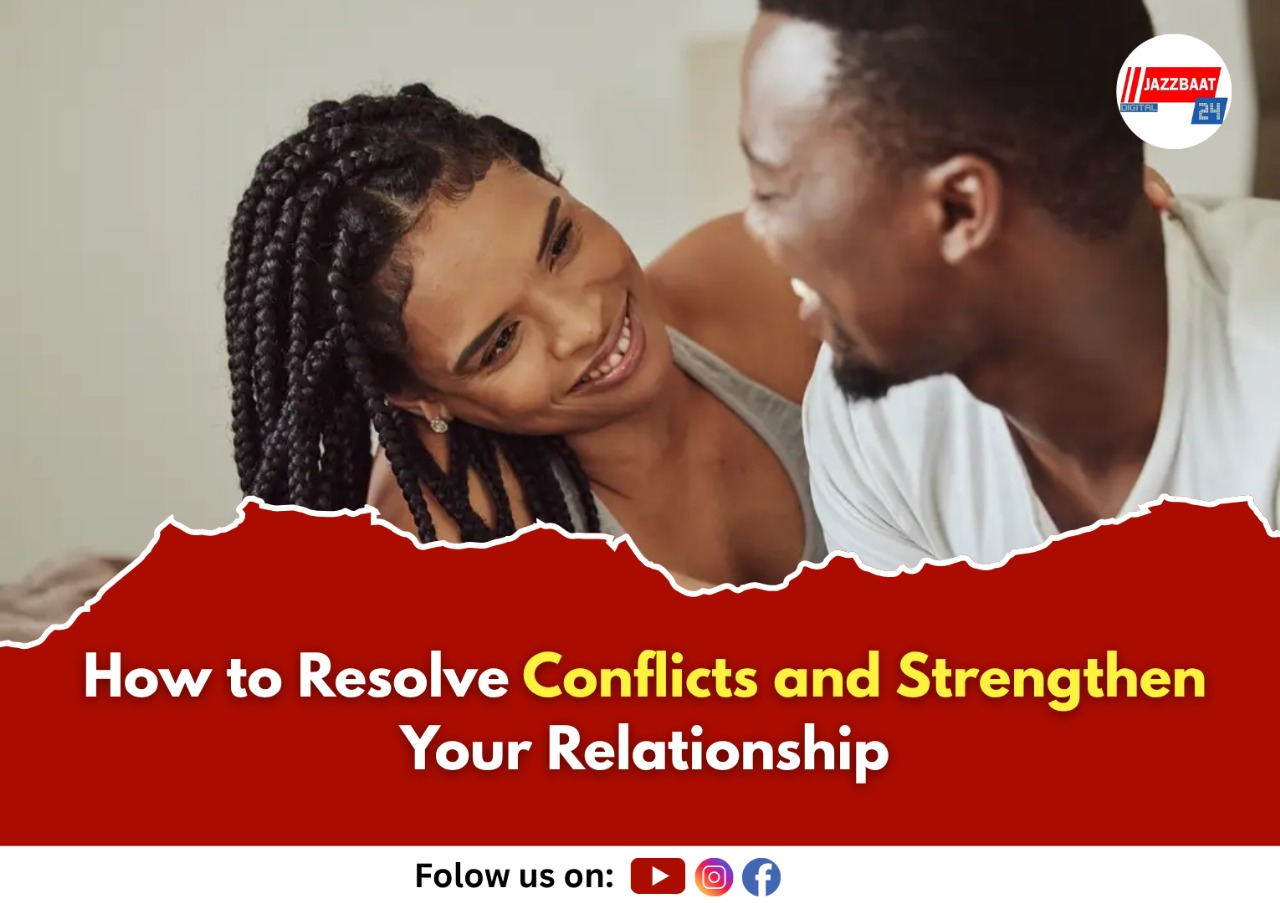
Conflicts and disagreements are a natural part of any relationship. Love and closeness often come with occasional arguments or moments of misunderstanding. What matters most is how these conflicts are handled. A small disagreement, if not addressed properly, can escalate into a bigger problem and create distance between partners.
Experts say that the first rule of handling conflict is to avoid turning it into a battle. Shouting, blaming, or bringing up past mistakes only worsens the situation. Instead, communicate calmly and respectfully. This shows that your goal is to solve the problem, not to hurt the relationship.
Another key strategy is to take a pause when emotions run high. Engaging in a heated conversation only fuels the fire. Stepping back to calm down and then returning to the discussion can make things easier. Simple gestures, like saying “You are more important to me than this problem,” can quickly diffuse tension.
Sometimes, partners become defensive or withdraw during arguments. It is important to understand this behavior as an emotional shield, not a rejection. Avoid forcing the discussion; instead, give it time and revisit the topic later.
Acknowledging your partner’s feelings before defending your own is another effective method. A simple phrase like “I understand why you feel this way” can reduce unnecessary resistance. Finding the root cause of the disagreement unmet needs, miscommunication, or feelings of neglect is essential for lasting resolution.
If conflicts repeat or become too overwhelming, seeking professional counseling can be a wise step. Therapy not only resolves recurring issues but also strengthens emotional bonds.
conflicts are not the end of a relationship they can be opportunities for growth. Respect, patience, open communication, and mutual understanding are the keys to turning disagreements into deeper connection and love.